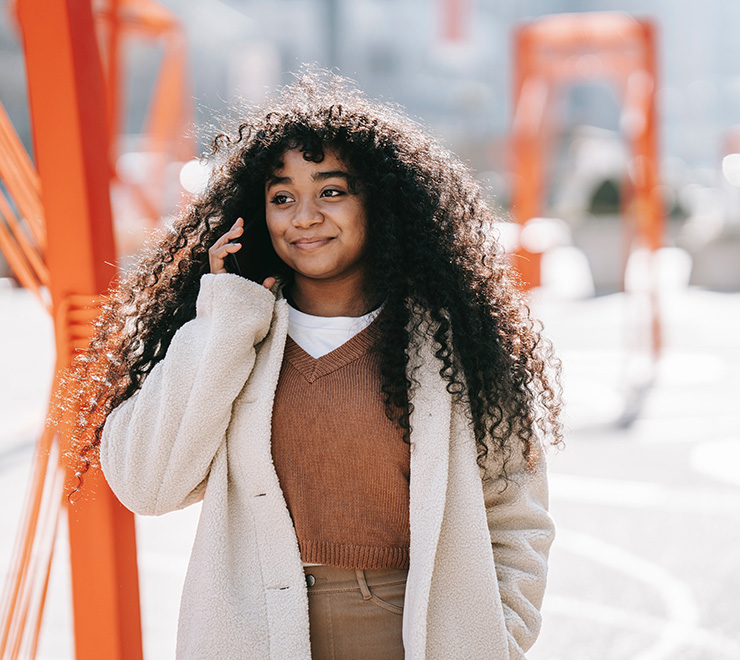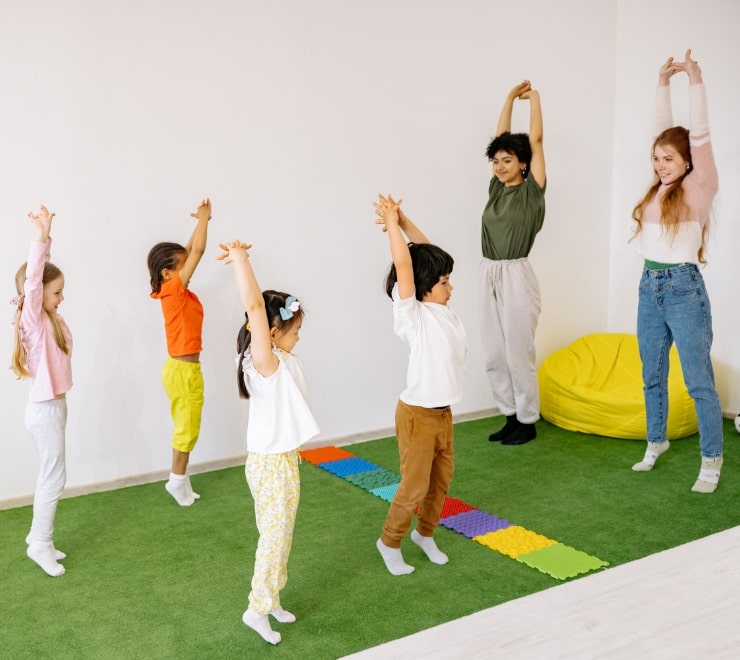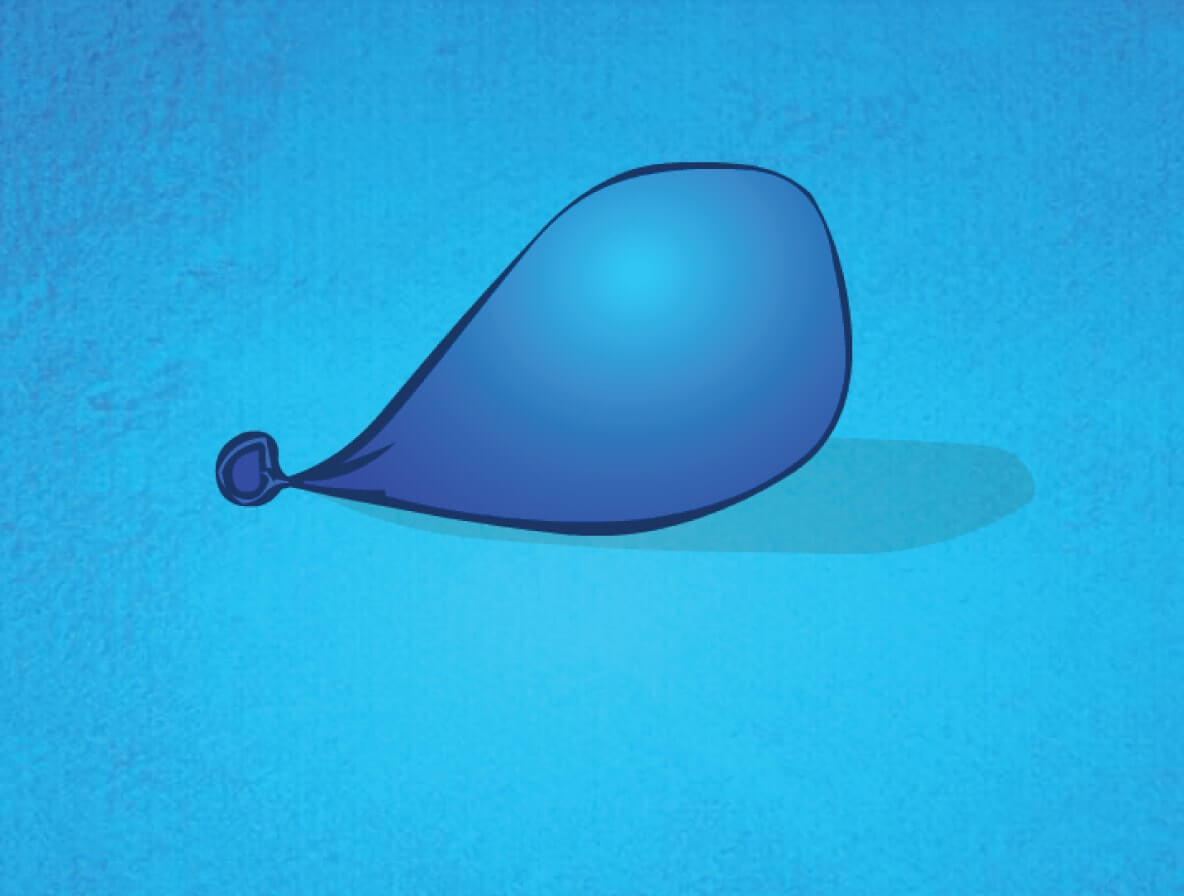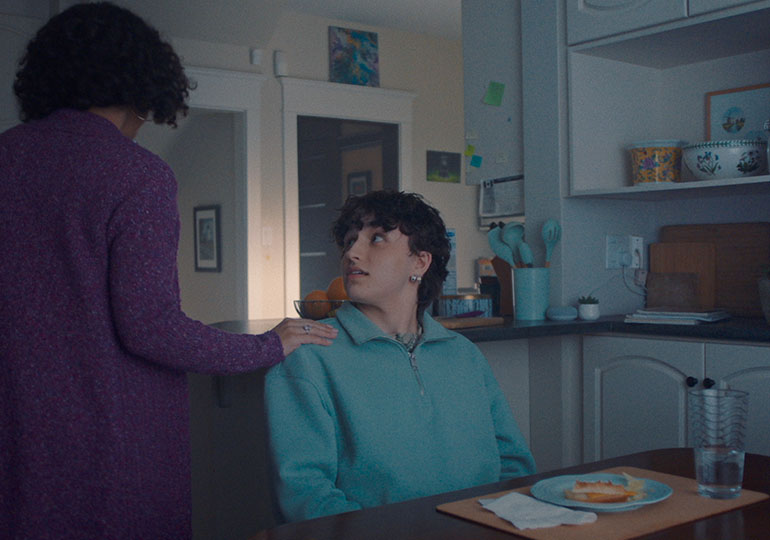Anxiety is very common. Some types of anxiety are healthy, but if it starts to overwhelm your everyday life, you could be living with an anxiety disorder.
Anxiety includes feelings of worry, nervousness and panic. It’s different from fear, which is an immediate reaction to a perceived threat. It’s common for everyone to experience anxiety sometimes. Some types of anxiety are healthy and can help you get things done. When anxiety starts to overwhelm your daily life, it could mean you’re living with an anxiety disorder. Talking about it is the best way to help you understand and manage your anxiety.
What are anxiety disorders?
Some anxiety is healthy, but it shouldn’t disrupt or limit your day-to-day life. The most common kinds of anxiety disorders are:
- Social anxiety disorder: excessive, persistent fear that makes you avoid social situations
- Panic disorder: unexpected and repeated panic attacks
- Specific phobia disorder: an intense and unreasonable fear of one thing
- Separation anxiety: excessive fear of being away from your parents or caregiver
- Obsessive compulsive disorder (OCD): constant uncontrollable thoughts, which trigger certain behaviours
If you’re unsure if what you’re experiencing is an anxiety disorder, you should speak to a doctor who can help to diagnose your symptoms.
What are the signs of an anxiety disorder?
Signs of an anxiety disorder can include:
- constant worrying
- a desire to be perfect
- fear of making a mistake
- obsessing about dying
- crying a lot
- having nightmares
- blanking out or freezing up when something stressful happens
- worrying that something horrible will happen to people you care about
- worrying that you’ll lose touch with reality
- feeling like you can’t control or are losing control of your thoughts, feelings, body, etc.
- avoiding friends
- being terrified of speaking up in class
If you think you have an anxiety disorder, try talking about it with a safe adult or your doctor. You can also call a Kids Help Phone counsellor at 1-800-668-6868.
Seven ways to cope with anxiety right now
If you’re experiencing anxiety right now, try following these steps:
1. Breathe: focusing on your breathing may help your body calm down. Try one of these exercises:
Exercise #1: lie down on your stomach and put your head to the side. When you’re on your stomach, your breaths naturally deepen. Lie like this for 10 minutes.
Exercise #2: lie on your back or stand with your feet apart. Put your hand on your belly. Imagine there is a balloon inside of you. When you breathe in, the balloon fills; when you breathe out, the balloon shrinks. Fill the balloon as you breathe in. Empty the balloon as you breathe out. Repeat for five minutes.
Exercise #3: count from one to five as you breathe in, then count from one to seven as you breathe out. Repeat for a few minutes or until you calm down. You can do this exercise wherever you are.
2. Repeat this: say to yourself, “I am OK. These feelings will pass.”
3. Write it down: make a list of the things that are worrying you.
4. Remember, you can do it: try to visualize yourself accomplishing the task making you anxious before you start – thinking about success can help you feel more positive.
5. Distract your brain: do something you enjoy. Here are some ideas:
- listen to music
- take a walk
- drink a glass of water or herbal tea
- play with a pet
- take a warm bath
- paint, draw or colour
- call a friend
6. Unplug: TV and video games can help you zone out, but they don’t help your body relax. Take breaks, stretch, go for a walk, have a snack, listen to music or talk to a friend instead.
7. Talk about it: it may seem overwhelming when you’re feeling anxious, but talking to someone can help. You can call a Kids Help Phone counsellor any time at 1-800-668-6868.
Other ways to cope with anxiety
Anxiety can also be treated with:
- Therapy: a therapist can help you understand and manage your anxiety. There are different types of therapy that can help people deal with anxiety disorders. Your doctor can help you find a therapist.
- Medication: medication is effective for some anxiety disorders, but it isn’t right for everyone. Talk to your doctor if you’re wondering if medication is an option for you. If you’re prescribed medication for your anxiety disorder, keep track of how you’re feeling each day. Talk to your doctor if you’re experiencing any side effects.
- Rest: getting enough sleep gives your mind a break from your worries.
Try talking to a safe adult if you’re confused or have questions about anxiety. You can call a Kids Help Phone counsellor at 1-800-668-6868 if you need to talk.
What is a panic attack?
A panic attack is a sudden, overwhelming feeling of fear or discomfort. Panic attacks usually last less than 10 minutes, but can feel much longer. Something upsetting or scary can trigger a panic attack, but sometimes they happen for no reason at all. You may start avoiding places where you’ve experienced a panic attack.
What are the signs of a panic attack?
Panic attacks usually include four or more of the following signs:
- racing/pounding heart
- sweating
- shaking/trembling
- shortness of breath
- feelings of smothering or choking
- chest pains
- chills/hot flashes
- dizziness/lightheadedness
- feeling like you are outside of your body
- numbness/tingling sensations
- fear of losing control
- fear of dying
You can’t die from a panic attack, but knowing this fact may not change how you feel while it’s happening.














